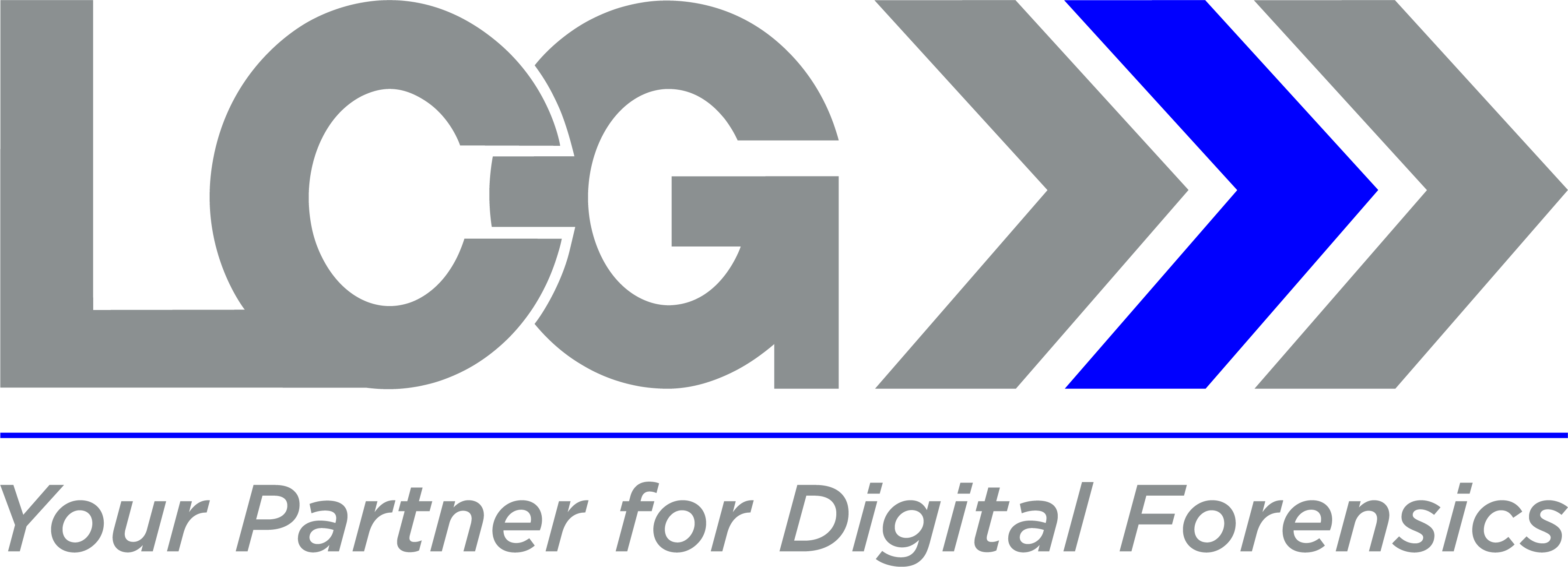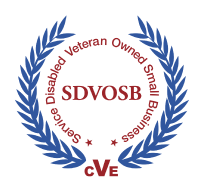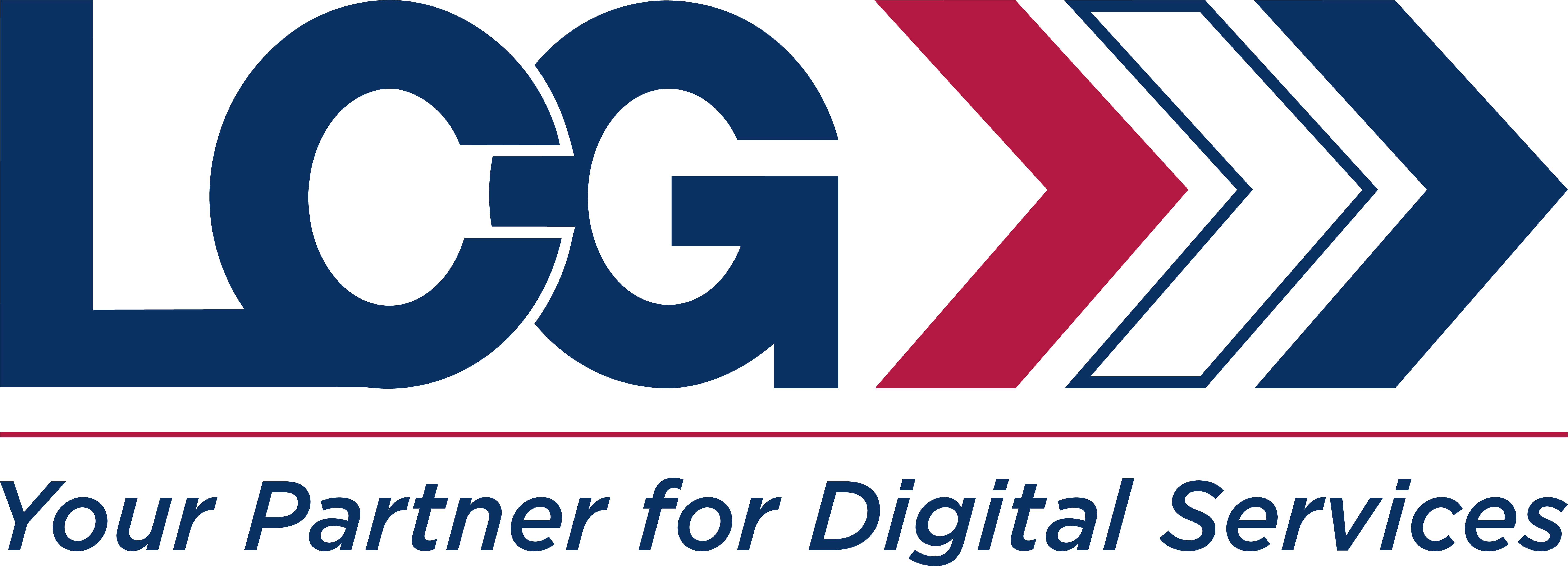Richmond
Richmond Digital Forensics : LCG Discovery Experts
Address:
306 Morton St.,Richmond,
TX,
77469
Latest Blog in The eDiscovery Zone
Gmail Account Takeover Scam: How AI is Fueling the Next Wave of Cybersecurity Threats
October marks Cybersecurity Awareness Month, and this year, a particularly concerning threat has emerged that calls for heightened vigilance: Gmail account takeover scams powered by artificial intelligence (AI). These sophisticated attacks demonstrate how malicious actors are increasingly leveraging AI technologies to launch more convincing and damaging campaigns, making it critical for businesses, individuals, and security professionals alike to stay informed and take action.
Exploring the Frontier: 10 – Cross-Disciplinary Collaboration
As the world of digital forensics evolves at an unprecedented pace, the lines between different fields—cybersecurity, incident response, legal compliance, and even data science—are becoming increasingly blurred. Digital forensics professionals are no longer isolated experts working on standalone investigations; instead, they are critical players in a larger ecosystem that requires close collaboration with specialists from a range of disciplines. This cross-disciplinary approach is essential in today’s complex landscape, where a single investigation might involve technical cybersecurity defenses, legal frameworks, and incident response strategies, all intertwined.
Exploring the Frontier: 9 – Autonomous Vehicles and Drones
The rise of autonomous technology is reshaping industries across the globe, from transportation and logistics to surveillance and law enforcement. As self-driving cars and drones become more prevalent, they bring with them a new set of challenges for digital forensics professionals. This technology generates vast amounts of data—vehicle telemetry, drone flight logs, sensor recordings, and even AI decision-making logs—that must be carefully analyzed in the event of accidents, crimes, or malfunctions.
As we continue our “Top 10 Hottest Topics in Digital Forensics for 2024” series, we focus on Autonomous Vehicles and Drones. This emerging area presents both exciting opportunities and complex challenges for digital forensics, requiring a deep understanding of how these technologies work and the data they produce.





